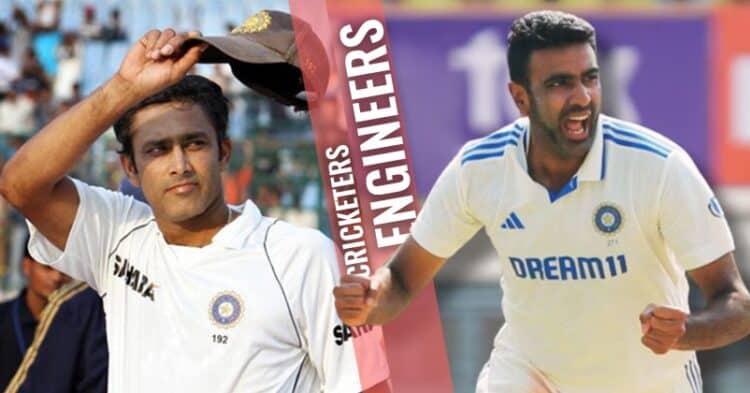In India, cricket is often seen as a full-time passion but there are several cricketers who have balanced both academics and sports at a high level. A select group of Indian cricketers not only excelled on the cricket field but also pursued engineering degrees, showcasing their intellectual prowess alongside their athletic skills.
Here’s a look at eight such Indian cricketers who hold engineering degrees:
1. Anil Kumble:
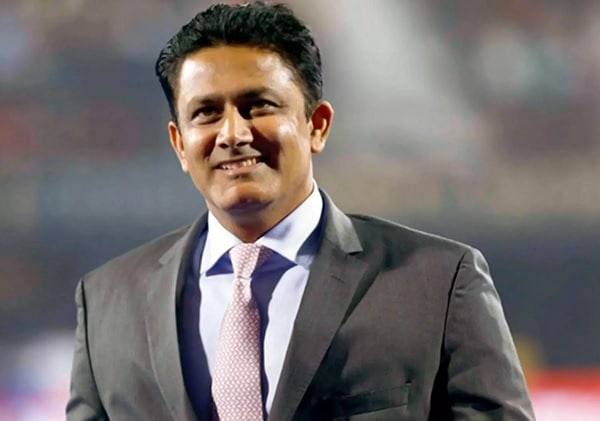
One of India’s greatest leg-spinners, Anil Kumble is a rare combination of cricketing genius and academic excellence. Kumble holds a degree in Mechanical Engineering from Rashtriya Vidyalaya College of Engineering (RVCE) in Bengaluru. Known for his sharp mind and disciplined approach on the field, his engineering background often reflected in his strategic thinking and problem-solving abilities as a cricketer. Anil Kumble, with over 600 Test wickets, went on to coach the Indian team and remains a respected figure in world cricket.
2. Ravichandran Ashwin:
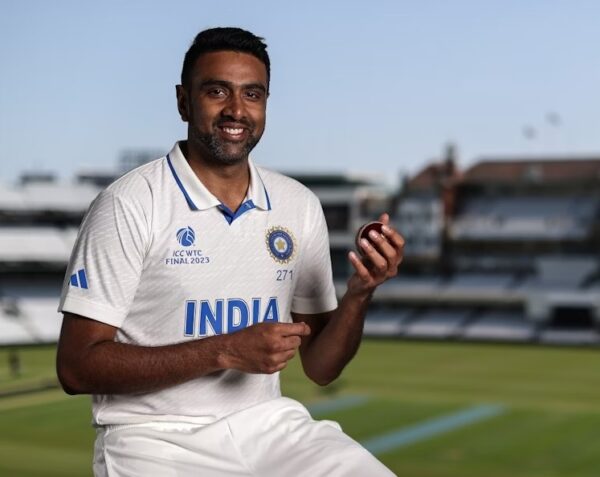
Ravichandran Ashwin who is counted among the most successful off-spinners of India holds a B.Tech in Information Technology from SSN College of Engineering, Chennai. R Ashwin is known for his intellectual approach to the game, always analysing and evolving his techniques. His academic background is often credited for his deep understanding of the game, which has helped him become one of the finest all-rounders in modern-day cricket, with numerous records and match-winning performances to his name.
3. Javagal Srinath:
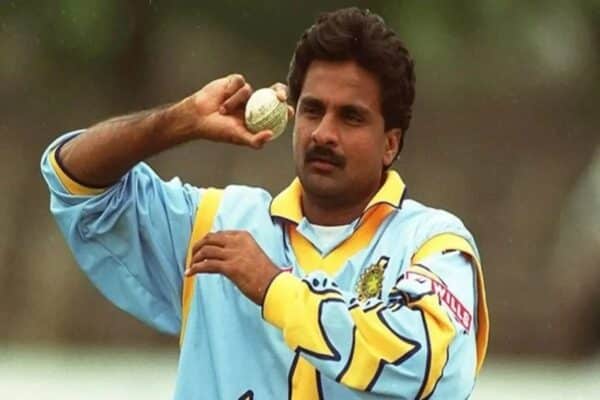
Renowned for his pace and swing, Javagal Srinath is another Indian cricketer who excelled academically. He graduated with a degree in Instrumentation Engineering from Sri Jayachamarajendra College of Engineering in Mysore. Srinath was one of India’s leading fast bowlers in the 1990s and early 2000s, with over 300 ODI wickets to his name. After retiring from international cricket, he became an ICC match referee, continuing his association with the game at the highest level.
4. Krishnamachari Srikkanth:
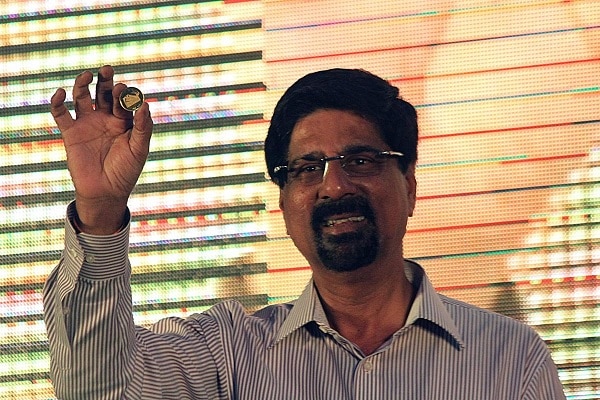
Known for his aggressive batting style, Krishnamachari Srikkanth played a key role in India’s 1983 World Cup-winning team. Srikkanth holds a degree in Electrical Engineering from the College of Engineering, Guindy (CEG), Chennai. His flair and bold approach as an opening batsman were complemented by his analytical mindset, a trait often attributed to his engineering background. Srikkanth later served as the chairman of selectors for the Indian cricket team.
5. Venkatesh Prasad:
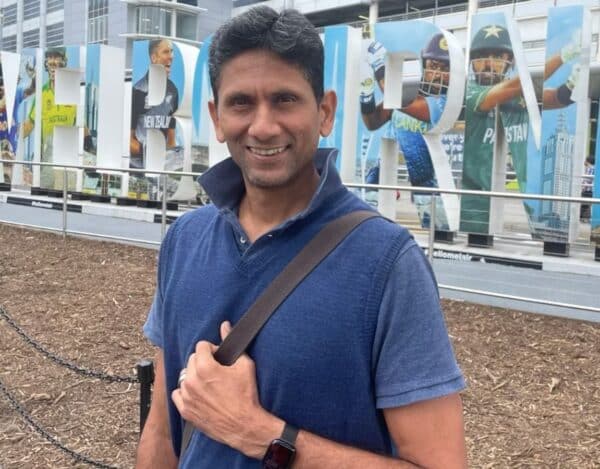
Venkatesh Prasad, who formed a lethal fast-bowling duo with Javagal Srinath in the 1990s, holds a degree in Mechanical Engineering from BMS College of Engineering, Bengaluru. Known for his ability to swing the ball and take crucial wickets, Prasad was a vital part of India’s bowling attack during his playing days. After retiring, Prasad became a successful bowling coach for the Indian team, contributing to the development of young pacers.
6. Subramaniam Badrinath:
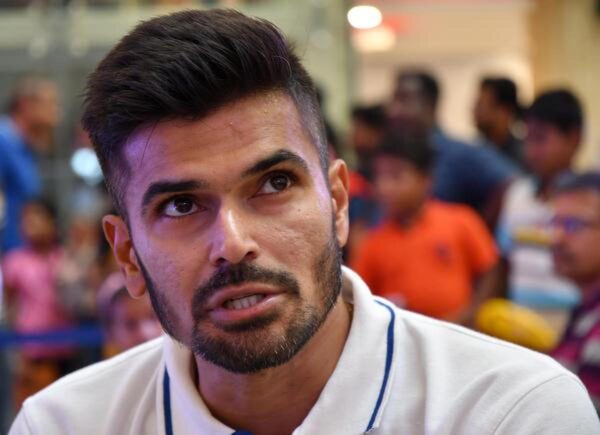
Former Indian middle-order batsman Subramaniam Badrinath balanced his cricketing career with academics, holding a degree in Electrical Engineering. He represented India in Tests and ODIs and was a consistent performer in domestic cricket, especially for Tamil Nadu. Badrinath’s technical approach to batting can be linked to his engineering background and he is widely regarded as one of the finest players never to have had an extended run in international cricket.
7. EAS Prasanna:
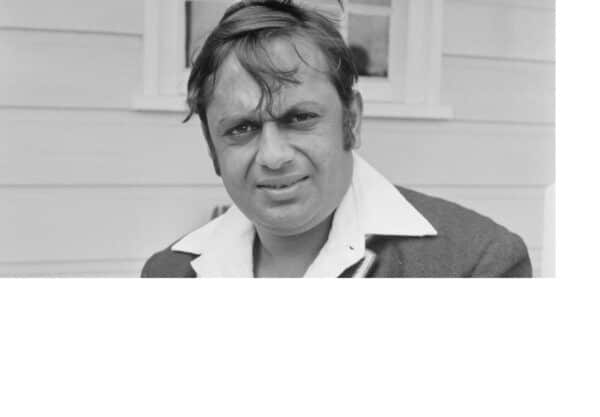
One of India’s legendary off-spinners from the 1960s and 1970s, EAS Prasanna earned a degree in Electrical Engineering from the National Institute of Engineering in Mysore. Prasanna was known for his exceptional control and ability to deceive batsmen with his flight and variations. He balanced his academic and cricketing careers successfully and his sharp cricketing mind helped him become one of the most respected spin bowlers in Indian cricket history.
8. Aavishkar Salvi:
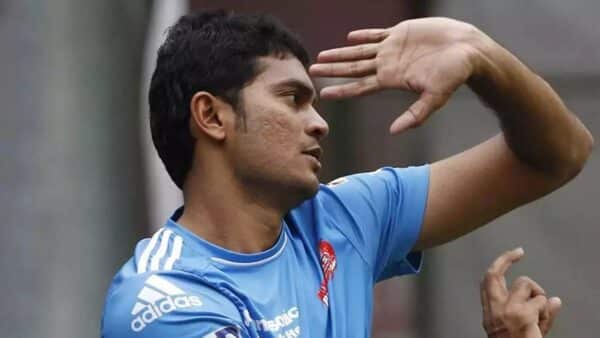
A promising fast bowler who briefly represented India in the early 2000s, Aavishkar Salvi holds a degree in Biomedical Engineering from D.Y. Patil College of Engineering in Mumbai. Known for his smooth action and ability to bowl consistently in the right areas, Salvi’s international career was short-lived due to injuries but he remains involved in cricket as a coach. His academic achievements in the field of biomedical engineering make him a unique figure in Indian cricket.
These eight cricketers have shown that balancing academic excellence with sporting success is possible. They serve as inspiring examples of individuals who pursued both their passions, excelling in academics while representing the country in one of the most competitive sports in the world.
